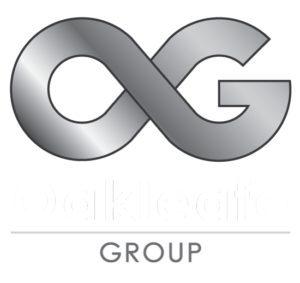Are you a landlord looking to safeguard your rental property and investment? Landlord insurance is a vital tool that provides protection and peace of mind against various risks and liabilities associated with renting out a property. In this guide, we'll explore everything you need to know about landlord insurance in the UK, including what it […]
Menu
Menu





